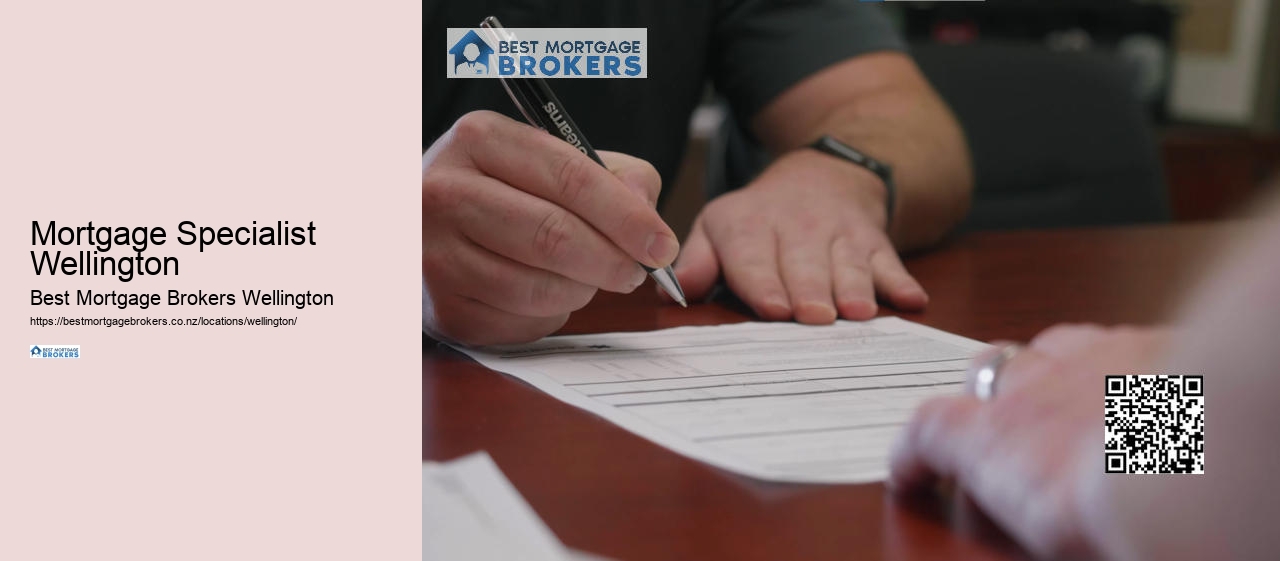

This process involves a lender reviewing your financial information to determine the loan amount you qualify for. Having a pre-approval letter can make your offer more attractive to sellers and streamline the closing process. Another tip is to prioritize your needs and wants in a home.
Being clear about your priorities can help you focus on homes that align with your goals. Additionally, don't overlook the importance of a home inspection.
Lastly, lean on professionals throughout the process. A reliable real estate agent and mortgage advisor can provide guidance and support, making your first homebuying experience as smooth as possible.
It's crucial to look beyond just the interest rate and consider factors like the loan term, closing costs, and potential penalties. By carefully reviewing these aspects, we can ensure that we select a mortgage offer that aligns with our financial goals and long-term plans.
One essential step in comparing mortgage offers is to calculate the total cost of each loan over its entire term. This involves factoring in not only the interest rate but also any points, fees, and other charges associated with the loan. By doing so, we can accurately assess the overall affordability of each offer and determine which option best fits our budget.
Some loans may offer features like the ability to make extra payments or adjust the payment schedule, providing us with greater control over our finances. mortgage brokerage Evaluating these options allows us to tailor the mortgage to our individual needs and preferences.
Working with a reputable mortgage provider can offer peace of mind and ensure a smooth borrowing experience. By comparing offers from trustworthy lenders, we can feel confident in our choice and move forward with securing the mortgage that's right for us.
Refinancing presents several key benefits that can significantly impact your financial well-being. First and foremost, refinancing can lead to lower monthly payments by securing a new loan with a lower interest rate than your current mortgage.
This reduction in interest rates can translate to substantial savings over the life of the loan. Additionally, refinancing offers the opportunity to switch from an adjustable-rate mortgage to a fixed-rate mortgage, providing stability and predictability in your monthly payments. This can be particularly advantageous in times of economic uncertainty when interest rates are expected to rise.
Furthermore, refinancing can also be a strategic tool for consolidating debt. By tapping into your home equity through a cash-out refinance, you can pay off high-interest debts, such as credit cards or personal loans, and streamline your monthly payments into a single, more manageable installment.
Let's discuss how to make the most of your home equity to achieve financial goals efficiently. Maximizing home equity can be a strategic way to leverage the value of your property for various financial purposes.
These options allow homeowners to borrow against the equity in their home for things like home improvements, debt consolidation, or other major expenses. Another way to maximize home equity is by making extra payments towards your mortgage principal.


By reducing the principal amount, you can build equity faster and potentially shorten the term of your loan. Additionally, increasing the value of your property through renovations or upgrades can also boost your home equity. Improving the overall condition and appeal of your home can lead to a higher appraised value, increasing your equity in the process.
By staying informed about the real estate market, you can make strategic decisions that positively impact the value of your home. Overall, maximizing home equity requires proactive financial planning and smart utilization of available resources. home loans
It's crucial to understand the terms of your mortgage, including interest rates, repayment schedules, and potential hidden fees. One common mistake to avoid is rushing into a mortgage without fully comprehending the financial implications.
Another mistake to avoid is overextending yourself financially. While it may be tempting to reach for a more expensive property, it's important to stay within a budget that you can comfortably afford.
Failing to do so can lead to financial strain and potentially put your home at risk. Additionally, it's essential to maintain a good credit score throughout the mortgage process. Your credit score plays a significant role in determining the interest rate you qualify for.

It's essential to understand the terms and conditions of your mortgage insurance policy to know what is covered and how to make a claim if needed. financial advice Working with a knowledgeable mortgage advisor can help you navigate the complexities of mortgage insurance and ensure that you have the right coverage for your specific needs. Navigating credit challenges can be a daunting task for individuals seeking to secure a mortgage for their dream home.
Start by obtaining a copy of your credit report to understand the factors affecting your credit score. Look for any errors or discrepancies that could be negatively impacting your rating.
If your credit score is low due to missed payments or high credit utilization, take steps to improve it. loan Begin by paying bills on time and reducing outstanding balances on credit accounts.
A mortgage advisor can provide guidance on the best strategies to boost your credit score efficiently. In some cases, lenders may offer specialized mortgage products for individuals with imperfect credit.
These options often come with higher interest rates or additional requirements, so it's crucial to weigh the pros and cons carefully. Working with a knowledgeable mortgage broker can help you explore all available options and find a solution that fits your financial situation. By addressing credit issues proactively, you can enhance your prospects of securing a mortgage for your ideal home.
Budgeting plays a crucial role in managing your finances effectively and demonstrating to lenders that you are a responsible borrower. By creating a budget, you can track your income and expenses, identify areas where you can cut costs, and allocate funds towards savings goals and debt repayment.
Lenders assess your ability to repay a mortgage by analyzing your income, expenses, and existing debts, making budgeting a critical factor in the mortgage approval process. new home Additionally, having a solid budget in place can prevent you from overspending, accumulating unnecessary debt, and falling behind on payments.
By demonstrating good financial habits through budgeting, you can enhance your overall financial health and increase your chances of obtaining a mortgage that aligns with your homeownership goals. When choosing a mortgage, it's crucial to consider the various term options available.

Yes, in many cases, mortgage brokers can secure competitive rates from a variety of lenders. The diverse network of lenders they work with allows them to find the best rate that suits your specific financial situation and needs.
If you suspect you've been scammed by a mortgage broker, report the incident to the appropriate regulatory authorities. Additionally, consult with legal counsel to explore potential recourse options.
Maximizing the amount you can borrow may involve improving your credit score, reducing debt, and demonstrating a stable income. Our brokers can guide you through the steps to enhance your borrowing capacity.
Working with a mortgage broker can expedite the process as they streamline the application and negotiation phases. Our brokers aim for efficiency without compromising thoroughness to help you secure a mortgage in a timely manner.
Yes, obtaining a mortgage pre-approval may have a minor impact on your credit score. However, the effect is usually temporary and minimal. It's important to consult with your broker to understand the specific implications for your situation.